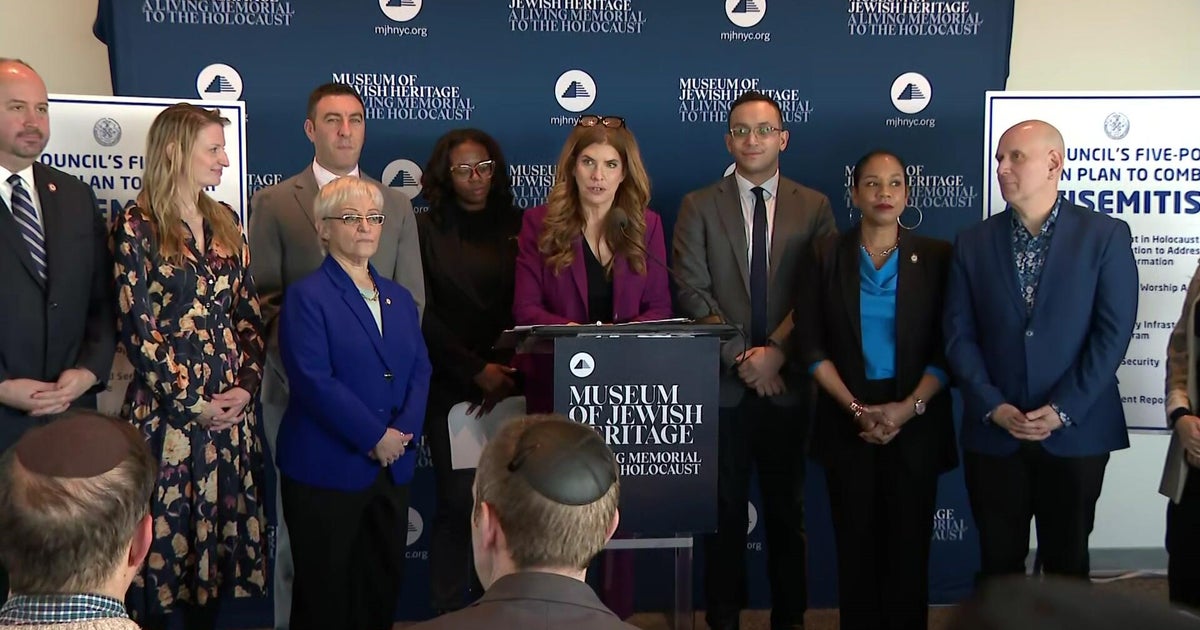Massachusetts House approves bill requiring salary ranges in job postings
BOSTON - How much could you make a year? It's a bold question, but a bill that's gaining traction at the Massachusetts Statehouse hopes to make that question less taboo.
"Just seems like a pretty common sense bill. That you want to know what people are making and what you're going to make," House Speaker Ron Mariano (D-Quincy) said minutes before the House approved the bill.
The proposal would require businesses with 25 or more employees to include a salary range in each job opening. That way, applicants know about how much they'd be earning at the start.
The bill has the backing of many business groups that believe this will close the pay gap.
Related: Question Everything: Is it OK to ask how much money people make?
"The more information you have to negotiate, particularly for people of color and for women who traditionally didn't have that ability to negotiate from a position of strength," said Brook Thomson of the Associated Industries of Massachusetts.
Salary transparency, proponents said, will help retain top talent in Massachusetts.
"It says again, if you come to Massachusetts, you live here, you work here, you're going to be paid a fair wage. You're going to have all the information," Thomson added.
While knowledge is power, in this case for those on the job hunt, one business group said this bill is meant for big corporations.
But it could hurt smaller businesses with 25-plus employees.
"You're talking about small restaurants," said Christopher Carlozzi of the National Federation of Independent Businesses of Mass. "You're talking about the types of retail shops that might be on a Main Street, those are the businesses that we represent. Those in the service industry."
Smaller businesses that typically don't have HR departments or legal teams.
"That means that will be added costs," Carlozzi explained. "They'll have to go and seek people to explain how to do this and make sure they are compliant because they don't want to have to deal with these fines."
At the heart of the issue: Will this lead to pay equity in Massachusetts?
"I think it helps. I don't know if it's the answer, but it helps," Speaker Mariano said.
The bill now goes to the Senate for their consideration. It would need the House and Senate approval, then a signature by Gov. Maura Healey before it can become law.








